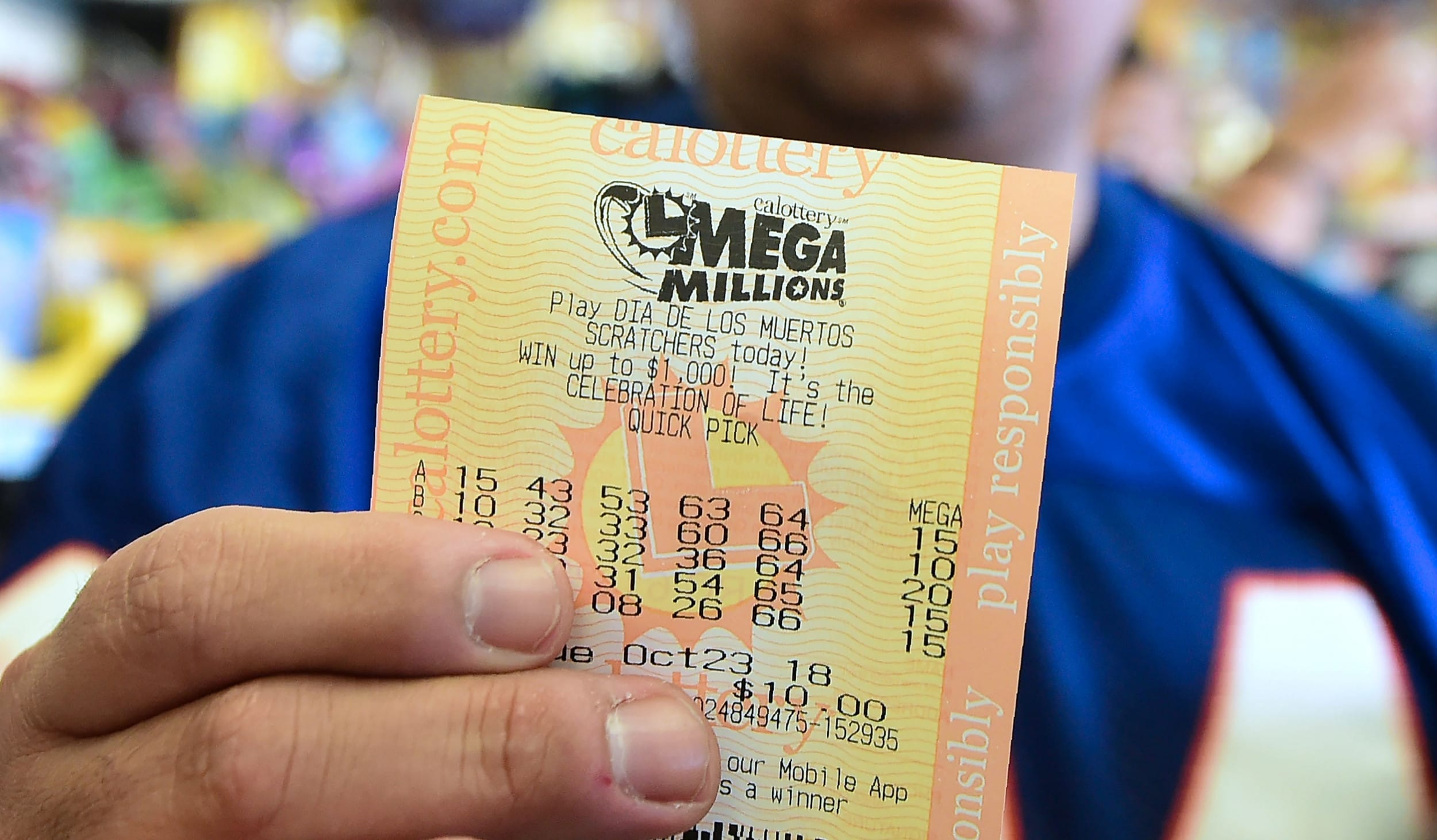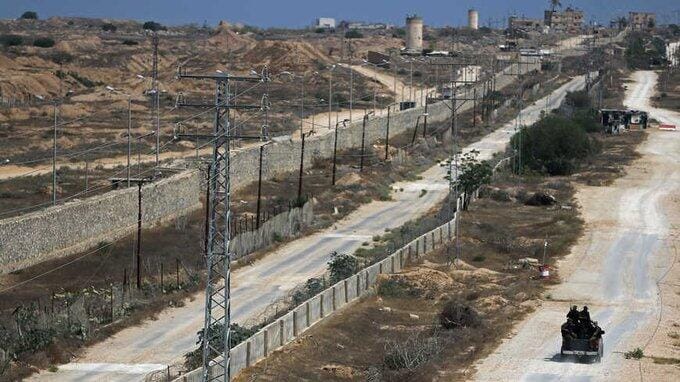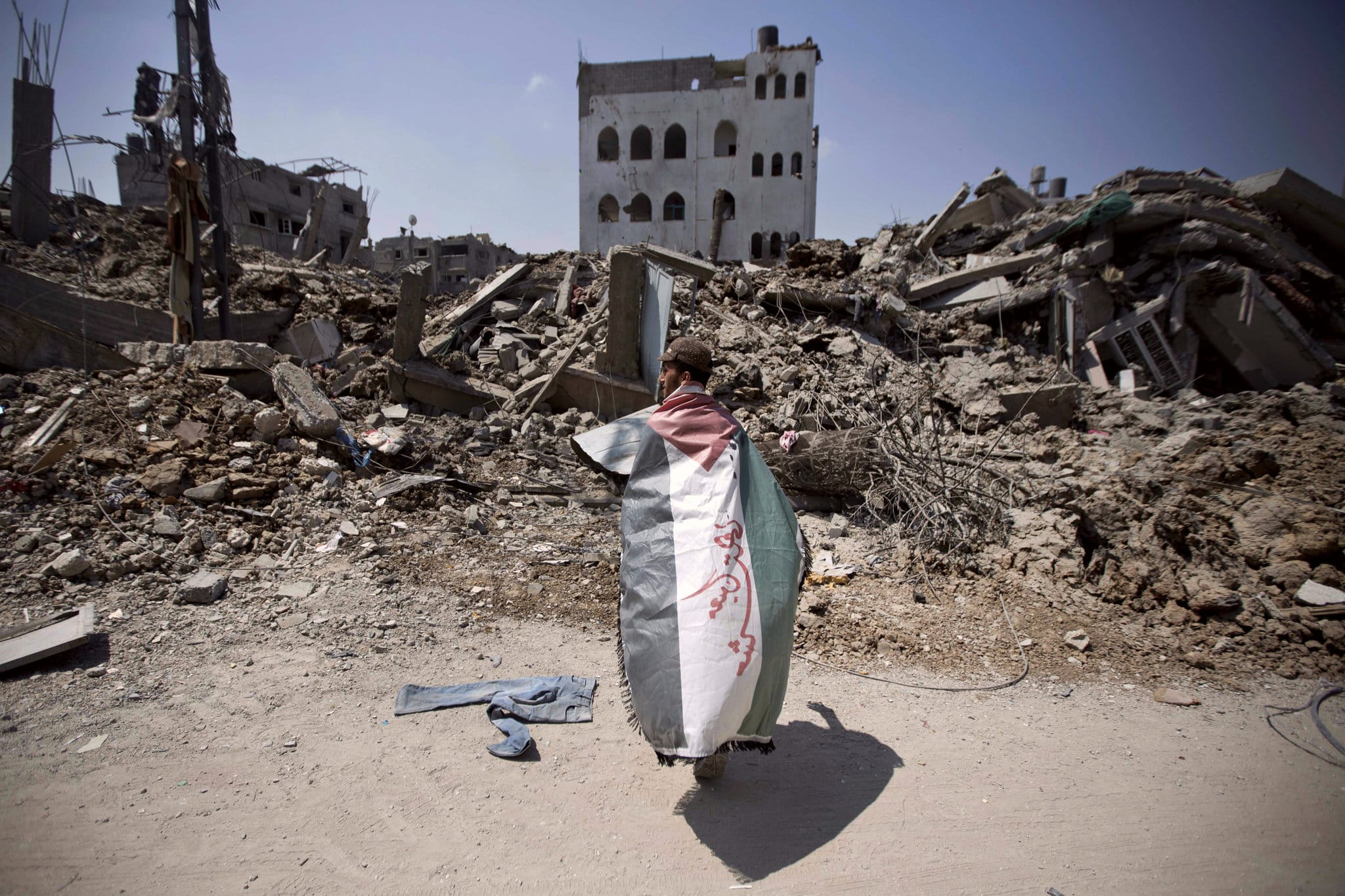The presidency of Donald Trump witnessed numerous instances where the limits of executive authority were tested. These actions sparked considerable debate among legal scholars and experts, raising questions about the scope of presidential power and the mechanisms for accountability. A central theme throughout Trump’s term was the assertion of broad executive prerogative, often met with resistance from Congress and the judiciary. For example, the frequent use of executive orders to circumvent legislative processes, particularly in areas like immigration and environmental regulation, generated significant legal challenges. Critics argued that these actions exceeded the president’s constitutional authority, while supporters maintained they were necessary to implement the president’s agenda efficiently. The legal battles surrounding these executive orders highlighted the ongoing tension between executive power and the checks and balances inherent in the US system of government.
Another area of contention revolved around Trump’s interactions with foreign governments. Allegations of interference in foreign elections and attempts to solicit foreign assistance in political campaigns led to investigations and impeachment proceedings. These events raised fundamental questions about the president’s ability to conduct foreign policy independently and the potential for abuse of power in international affairs. Legal scholars debated whether such actions constituted impeachable offenses and the implications for future presidential conduct. The investigations and subsequent legal challenges underscored the importance of transparency and accountability in presidential foreign policy.
The use of presidential pardons also became a subject of intense scrutiny during Trump’s presidency. The pardon power is a constitutionally granted authority, but its use is not unlimited. Critics argued that Trump’s use of pardons was politically motivated and potentially obstructed justice. The legal implications of these pardons remain a subject of ongoing debate, with questions about their scope and limitations under the Constitution. These actions further demonstrated the potential for the executive branch to influence the course of justice.
Furthermore, Trump’s challenges to the legitimacy of the 2020 election and the subsequent events surrounding the January 6th Capitol riot raised profound questions about the president’s role in preserving the integrity of the democratic process. Legal experts explored the constitutional limits on a president’s ability to dispute election results and the potential consequences of actions aimed at undermining the peaceful transfer of power. These events generated extensive legal and political fallout, highlighting the fragility of democratic institutions and the importance of adhering to established legal processes. The long-term implications of these actions for the stability of US democracy continue to be debated.
The actions taken during Trump’s presidency serve as a case study for understanding the complexities of presidential power in the US system. The legal challenges stemming from these actions have highlighted the importance of checks and balances, judicial review, and the role of Congress in limiting executive power. While some actions may have been ultimately deemed within the bounds of presidential authority, others faced significant legal scrutiny and had lasting political consequences. The ongoing legal and political debates surrounding these events underscore the enduring relevance of constitutional principles and the need for transparency and accountability in the exercise of presidential power. The legal challenges and scholarly analyses that followed these events offer valuable insights into the ongoing evolution of presidential authority in the United States. The future will undoubtedly see further examination of these precedents and the development of new legal interpretations as the boundaries of executive power continue to be tested.



